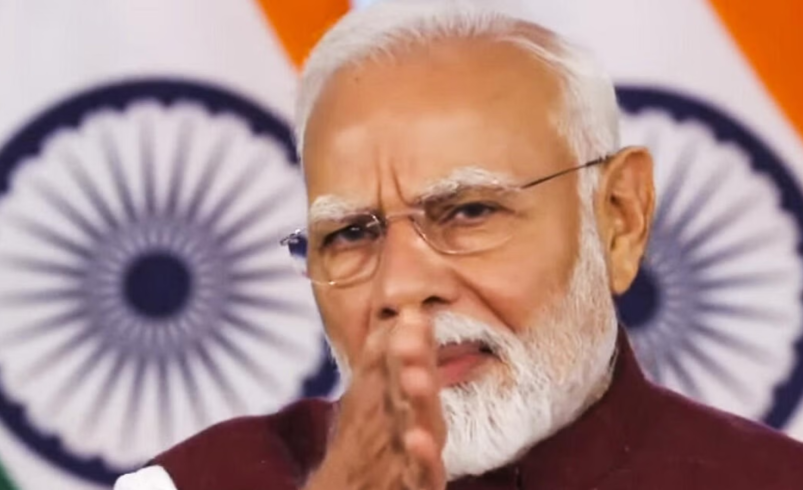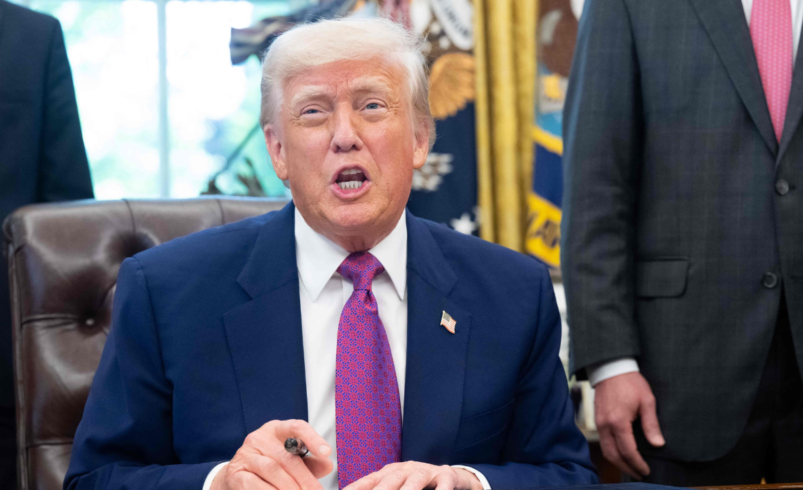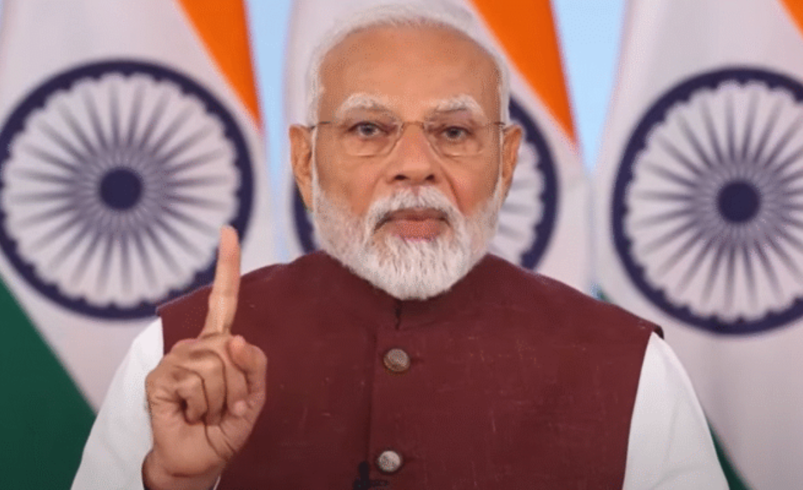In a resolute message to the nation, Prime Minister Narendra Modi made it crystal clear that any future dialogue with Pakistan will be strictly confined to two pressing issues — terrorism and Pakistan-occupied Kashmir (PoK). The prime minister declared that “trade and talks cannot go hand in hand with terror,” drawing a sharp red line in India’s diplomatic stance. This firm policy comes in the aftermath of Operation Sindoor, where over 100 terrorists were neutralized in precise strikes by the Indian Armed Forces. Modi’s message indicates a shift from strategic patience to strategic retaliation, backed by a clearly defined objective for any future bilateral engagement with Islamabad.
A Message Born from Bloodshed: Pahalgam Attack & National Resolve
PM Modi’s statement is rooted in the horror of the recent Pahalgam terror attack, which saw 26 innocent tourists brutally killed. He emotionally addressed the “barbarism” displayed by the attackers, recalling how victims were targeted after being asked their religion — a chilling reminder of the growing radicalism India faces. This tragedy has fueled India’s zero-tolerance policy on terrorism, with Modi stating that it was “personal pain” for him. The attack was not just a loss of life, but a symbolic assault on the soul of the nation, prompting a stronger, more definitive military and diplomatic posture.
Why Trade and Terror Cannot Coexist
Modi reiterated India’s long-standing view that economic engagement with a terror-sponsoring state is unacceptable. India has consistently pushed for isolating nations that provide safe havens to terrorists, and the PM’s address reaffirmed this. “There can be no business as usual,” he asserted, especially when cross-border terrorism continues to claim innocent lives. This declaration also comes as a direct response to Pakistan’s appeals for ceasefire and normalization, which, according to Modi, will only be considered if Islamabad dismantles its terror infrastructure. India’s economic diplomacy is now deeply tied to its security doctrine.
Global Context: Trump’s Trade Diplomacy & Modi’s Clarity
Interestingly, Modi’s address came just minutes after Donald Trump’s bold claim that the U.S. had helped stop a nuclear conflict between India and Pakistan. Trump suggested that his trade leverage with both nations played a role in brokering the recent ceasefire. While Trump might have tried to mediate, Modi made it clear that India’s decisions are sovereign and security-driven, not externally influenced. The PM’s message effectively neutralizes any perception that New Delhi’s actions were reactive. Instead, he projected a calculated and independent Indian response, rooted in national interest and regional stability.
PoK on the Table: Reframing the Dialogue Narrative
By explicitly stating that PoK will be part of any future talks, Modi reframes the India-Pakistan dialogue narrative. Traditionally, discussions have often centered around Kashmir in general, but India now positions PoK — currently under illegal occupation by Pakistan — as the focal issue. This reorientation signals India’s assertive diplomatic future, where restoring territorial integrity is being prioritized alongside defeating terrorism. As the region watches closely, this marks a new chapter where India isn’t just defending its borders, but reclaiming its narrative — with a clear, fearless voice on global platforms.
Get the latest in business, markets, startups, and policy—visit businessnewsindia.in for in-depth updates and follow us on Instagram @businessnewsindia.in for daily bites of what matters most.
Source : indiatvnews.com









